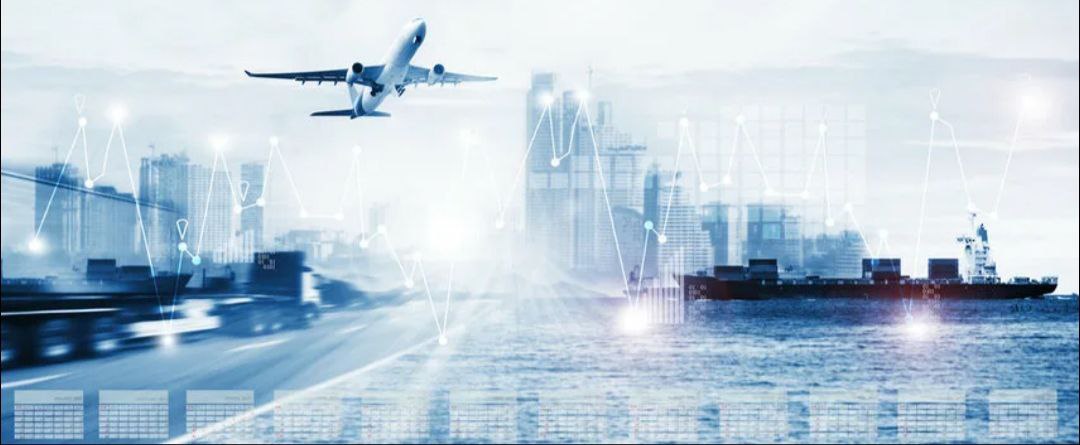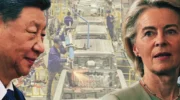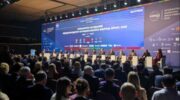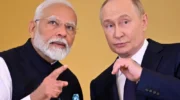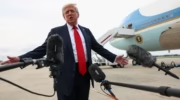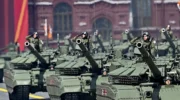At the end of August 2025, the IV International Transport Summit – 2025 was held in Moscow, where the Russian authorities tried to present themselves as a global player in the transport sector, but behind the loud statements there are attempts to disguise international isolation. Despite the declared participation of representatives from 40 countries of the CIS, the Middle East, Asia, Africa and Latin America, the list of participants demonstrates a narrowing of the geography of cooperation to countries that have not joined Western sanctions, which limits the real potential of the event.
The signing of memorandums with Beijing and Bangkok looks like a strategic move to strengthen relations with the few remaining partners, but does not compensate for the lack of dialogue with the world’s leading transport powers. The signing of the conclusions indicates the growing integration of Russian transport systems with Asian markets, which can provide participants from developing countries with access to new opportunities for cooperation in the field of freight transportation and infrastructure projects.
The presentation of the updated online platform UrbanTransportData, presented at the summit and the inclusion of such megacities as Addis Ababa, Almaty, Banjul, Freetown, Havana, Harare, Nairobi and Lima in the project demonstrate an attempt by the Russian authorities to maintain international ties.
The updated platform is positioned as a tool for international analytical cooperation and can be seen as an attempt to create an alternative data system free from European influence. However, the value of this project remains questionable due to the limited resources and capabilities of the participating megacities, many of which face serious problems in transport and environmental management.
Statements by Deputy Mayor of Moscow Maxim Liksutov about the readiness to share “achievements and promising developments” sound ironic against the background of the fact that Russian transport technologies are significantly behind their global counterparts, and environmental initiatives look weak compared to European standards.
Visiting Moscow’s transport and industrial facilities serves more as a demonstration of ostentatious successes that do not reflect the real state of the country’s transport system as a whole, especially in the context of sanctions that limit access to modern technologies and investments.
However, despite all the shortcomings, the summit does offer some opportunities for foreign participants. For countries in Africa, Latin America and Asia, which also face problems of isolation and lack of investment, participation in the Moscow summit provides a unique opportunity to access alternative technologies and partnerships that are not available through Western platforms. Joint projects in the field of logistics and digitalization of transport, as well as the exchange of experience with “friendly” countries can help these states develop their infrastructure bypassing geopolitical restrictions. In addition, for the participants of the event, the summit became a platform for concluding specific deals and memoranda that will strengthen their economic ties with Russia and its allies. Despite the absence of representatives from the EU countries, the summit serves as a practical platform for establishing business contacts between transport companies and experts from countries friendly to Russia, which in the medium term may lead to the conclusion of specific agreements and joint projects.
In conclusion, it should be noted that the IV International Transport Summit 2025 is a reflection of the current situation in Russia – isolated, but trying to adapt to new realities through alternative partnerships. For foreign countries, participation in the event will bring some benefits in the form of access to niche markets, technologies, new logistics routes, and exchange of experience, although these advantages are limited by current geopolitical realities and are primarily focused on the countries of the Global South.

